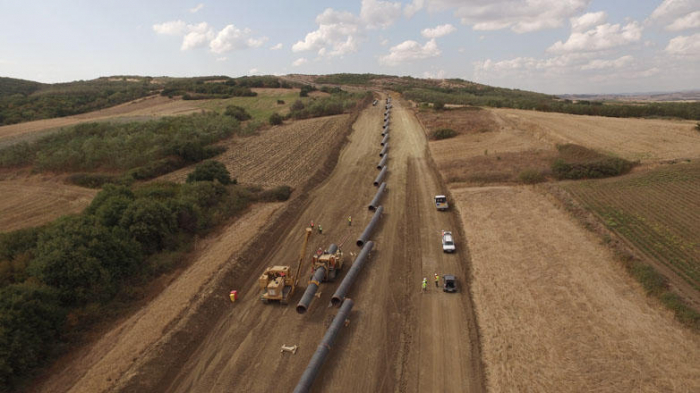“Trans-Adriatic Pipeline (TAP), scheduled to commence operations in 2020, is expected to play a major role in developing Albania’s energy market and facilitating the country’s objective of becoming a gas hub in the Western Balkans. Being one of the largest foreign direct investments in Albania to date, the TAP will be about 215 km onshore and 37 km offshore in the Albanian section of the Adriatic Sea. The Albanian government has approved the National Gas Master Plan, paving the way for important private investments for the construction of gas infrastructure,” reads the newsletter released by Deloitte.
The company said that Albania offers opportunities for investment by multinational oil and gas companies.
“It has a long record of oil production, operations and available oil and gas exploration blocks, expertise built through decades by Albanian petroleum employees and subcontractors, improved infrastructure, and an expected fiscal regime for oil and gas,” said the newsletter.
TAP project, worth 4.5 billion euros, is one of the priority energy projects for the European Union (EU). The project envisages transportation of gas from Azerbaijan's Shah Deniz Stage 2 to the EU countries.
Connecting with the Trans Anatolian Pipeline (TANAP) at the Greek-Turkish border, TAP will cross Northern Greece, Albania and the Adriatic Sea before coming ashore in Southern Italy to connect to the Italian natural gas network.
The project is currently in its construction phase, which started in 2016.
Once built, TAP will offer a direct and cost-effective transportation route opening up the vital Southern Gas Corridor, a 3,500-kilometer long gas value chain stretching from the Caspian Sea to Europe.
TAP shareholders include BP (20 percent), SOCAR (20 percent), Snam S.p.A. (20 percent), Fluxys (19 percent), Enagás (16 percent) and Axpo (5 percent).
















































